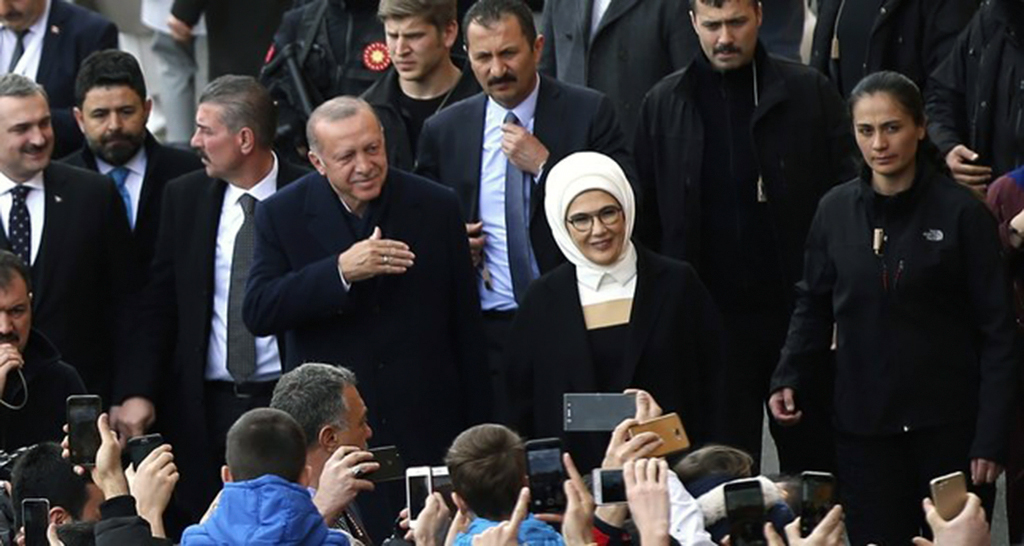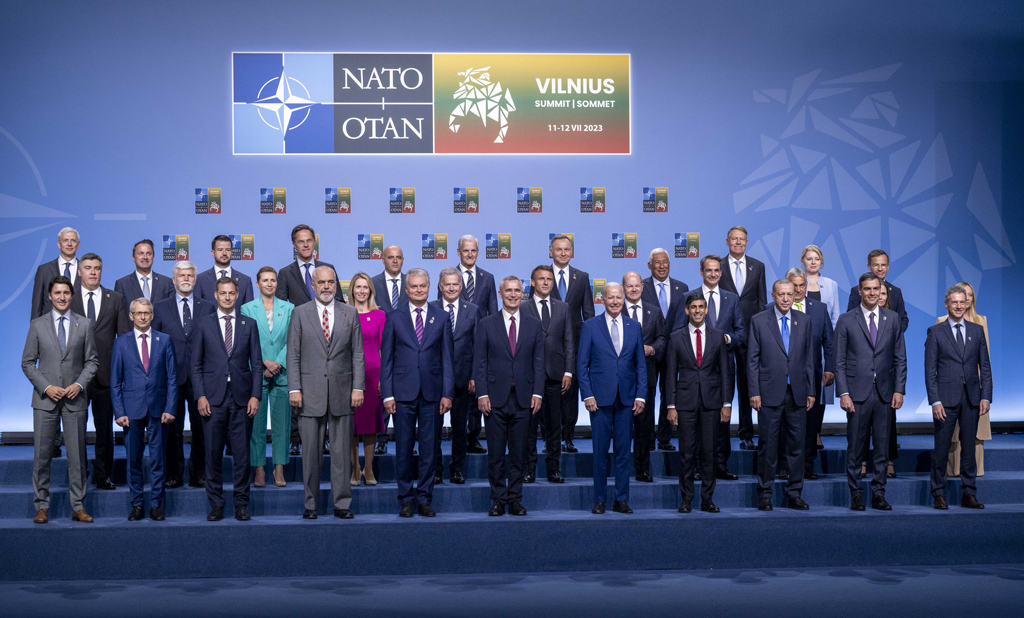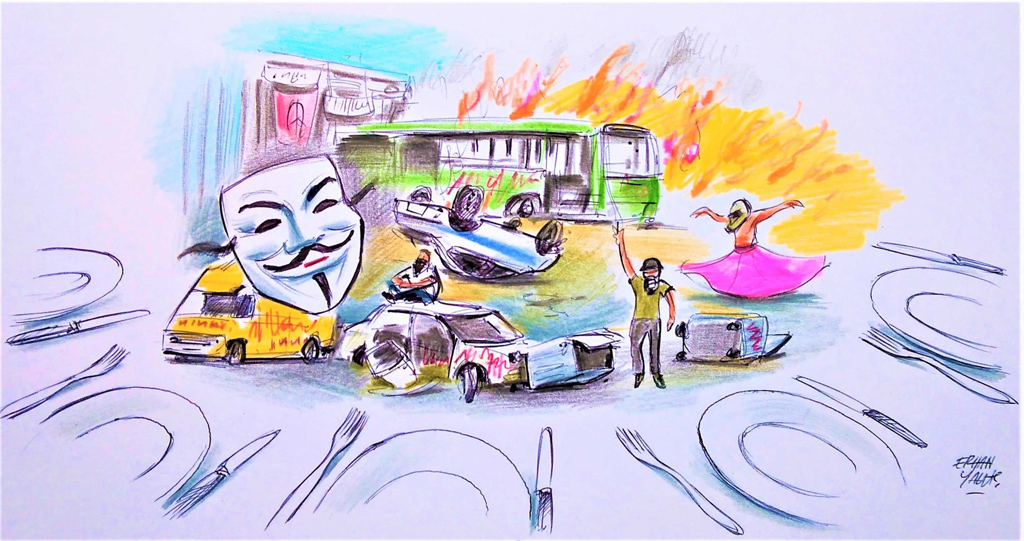Another issue that seriously came to the agenda went beyond the classic promises concerning women, such as those about preschool. Almost all parties promised access to preschool for both working and non-working women with young children. At the least, a mother being able to leave her child in the care of credible professionals is an important societal issue.
That topics such as preschool and animal rights having come up as topics of discussion in these local elections is an indicator of the country having reached a level above its previous municipal and infrastructural problems. Promises about garbage collection in cities or uninterrupted water service are no longer necessary.
The opposition parties' rhetoric resembled each other on one topic – that of the country's Syrian refugees. Even though this was a local election, the 3.6 million Syrian refugees in the country were again a point of discussion, as they are in every election, particularly for the Republican People's Party (CHP). Turkey's deepening economic crisis in recent months has also actively increased anti-Syrian and anti-foreigner sentiment, and will continue to do so. An example of this is the banners hung by a candidate for the Good Party (İP) in the Fatih district of Istanbul that said the district "would not be left in the hands of Syrians."Despite the reactions the banners attracted, no correction came from the İP; the party's candidate tweeted, saying she wouldn't hand Fatih over and asking if voters would. Despite the rising anti-migrant trend in the West, looking at the last night's results for the İP, it would be fair to say that anti-Syrian rhetoric is still not a working formula for Turkish voters. Complaints by citizens about refugees living in huge numbers in big cities do not have a reflection at the ballot box and this means voters still approach the issue more as a humanitarian issue than as a security concern or threat.
Other than discussions of urban development and municipalities, another thing that changed the course of the campaigns was that of identity. The two political strains in Turkey are represented in political coalitions and the polarization in the country shows itself in referendums and local elections quite clearly. In other words, the rhetoric and arguments put forth in campaigns for parliamentary elections have now become a part of local elections as well. With this as the new reality, the classic debate of secular versus anti-secular and the occasional headscarf debate have entered the agenda and played a role to consolidate conservative voters, as one topic of this theme has been videos of women wearing headscarves being assaulted on social media. Even so, none of these videos received a notable response from the opposition parties, yet the CHP tried to woo religious conservative voters. The CHP mayoral candidate for Istanbul, Ekrem İmamoğlu, won great recognition for reciting the Quran openly in a mosque in Istanbul. Despite all the identity crises, leaders and major politicians did not say a word of hate, and embracing everybody was the main theme of the campaigns. Perhaps the AK Party's greatest achievement after its 17 years of uninterrupted power, is that it has transformed the opposition while taking shape according to the general trends in society.
[Daily Sabah, 1 April 2019]









